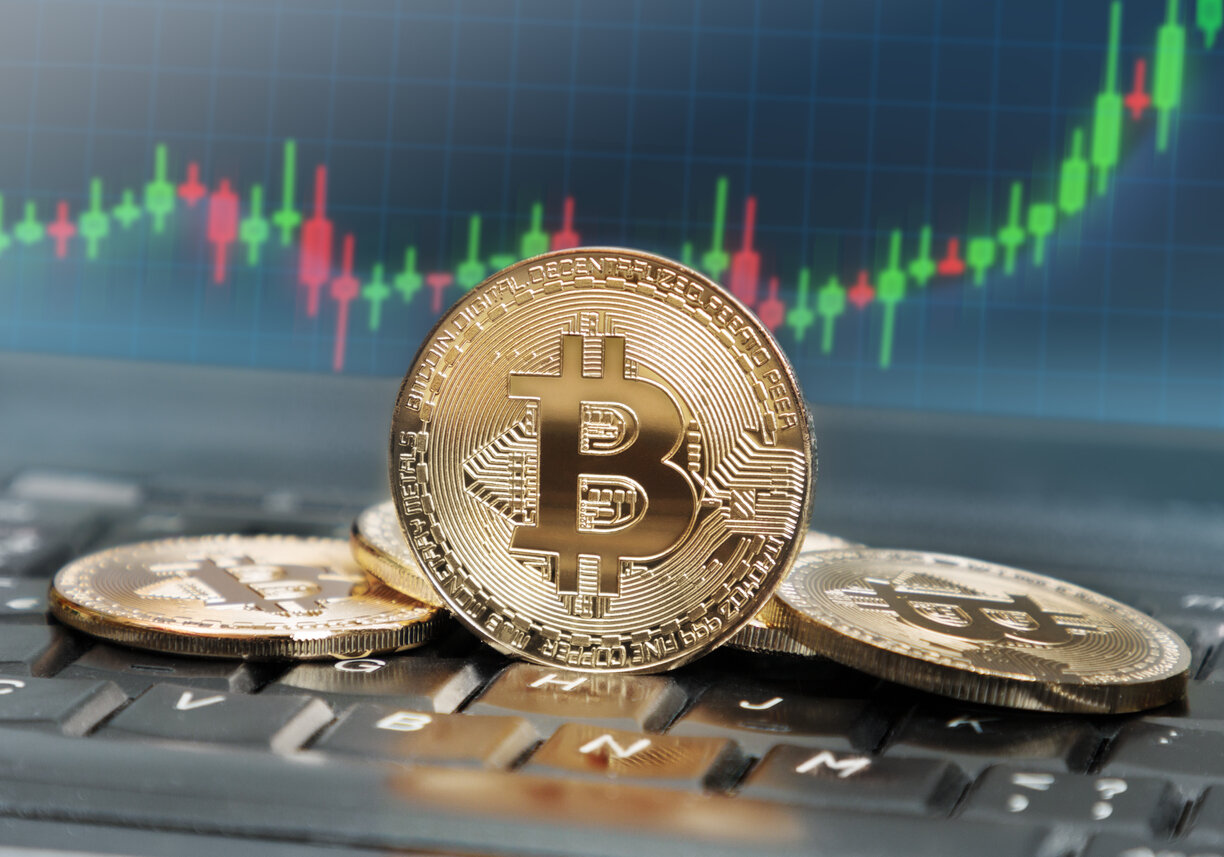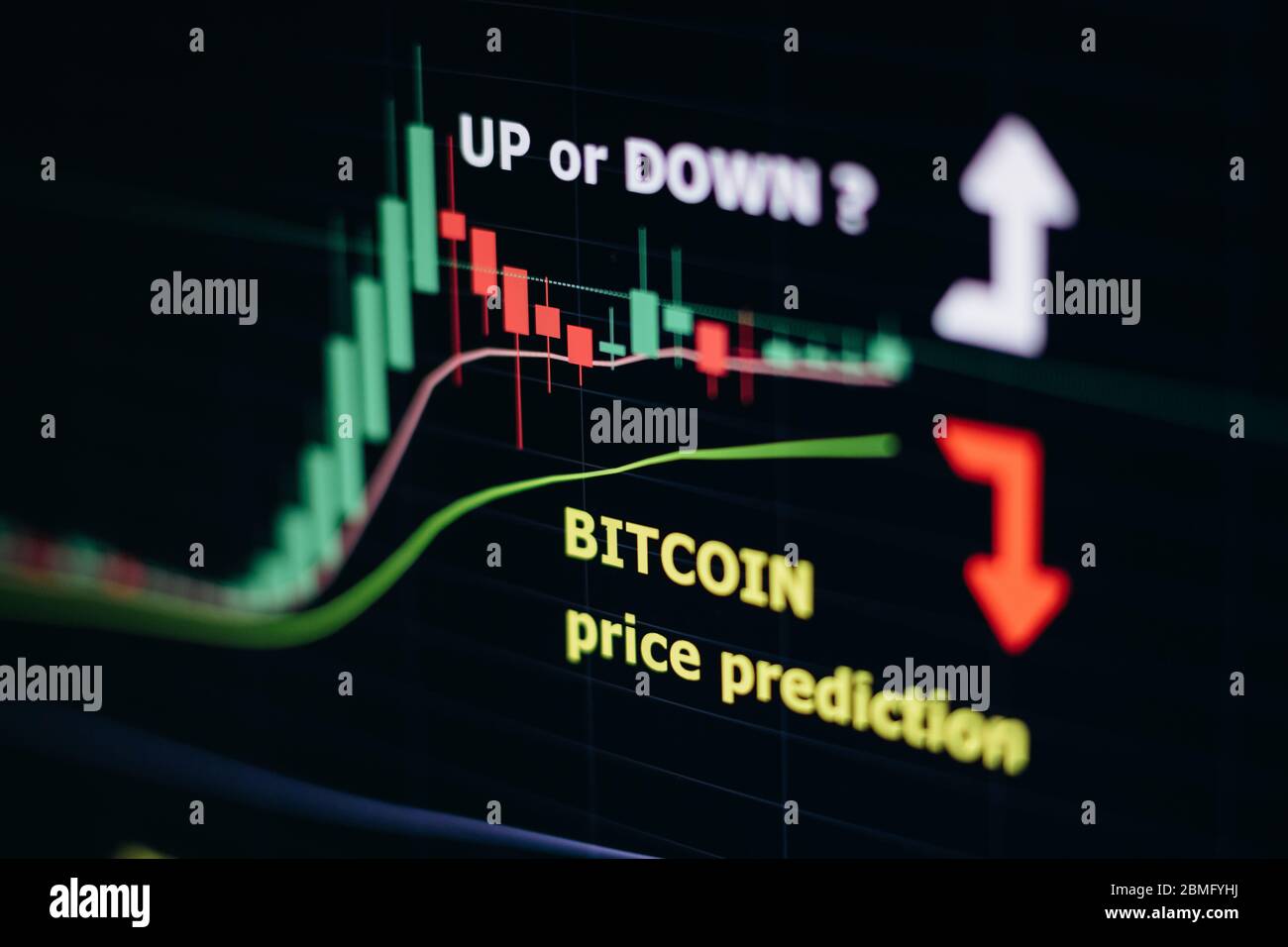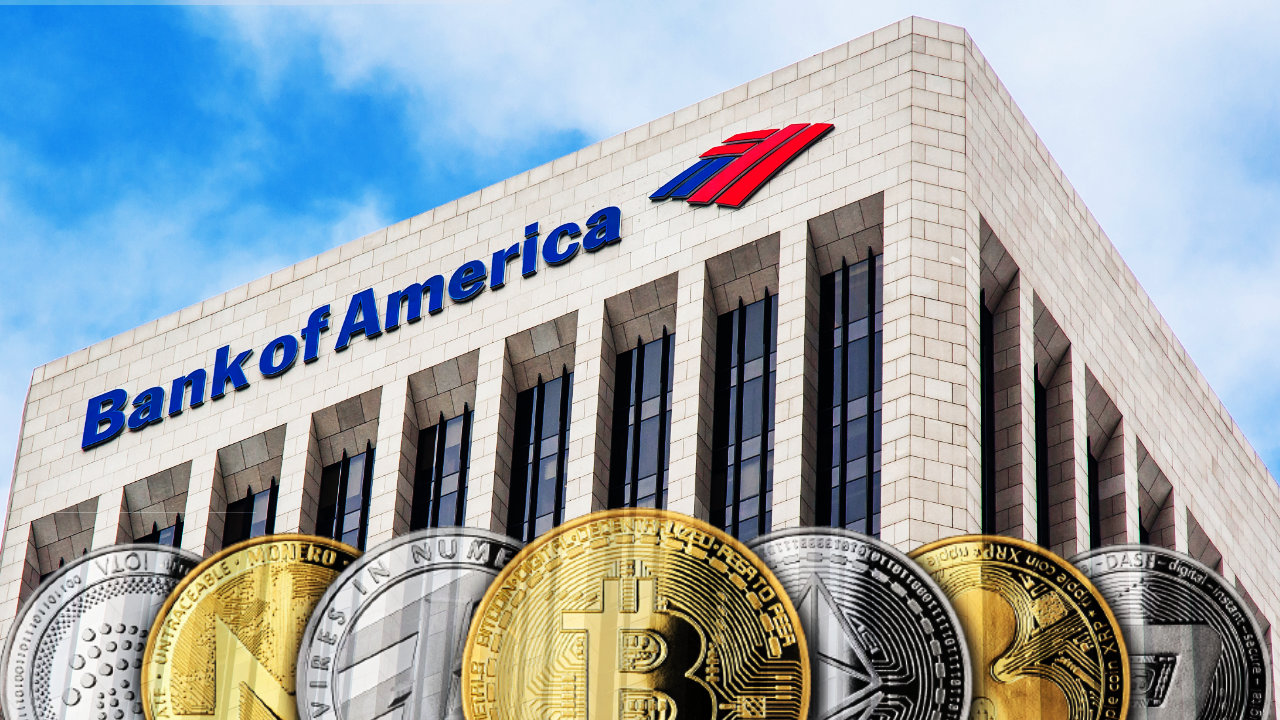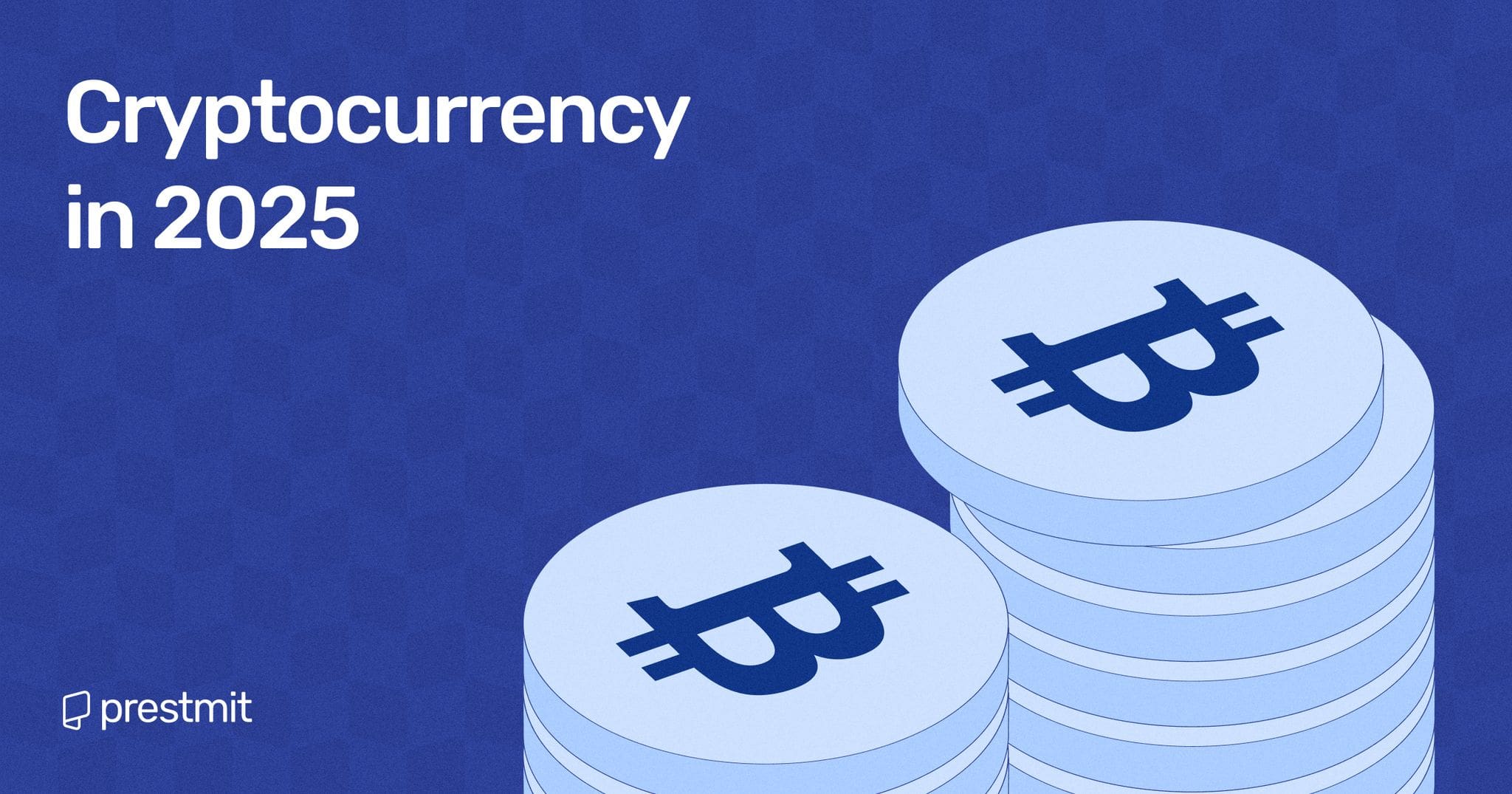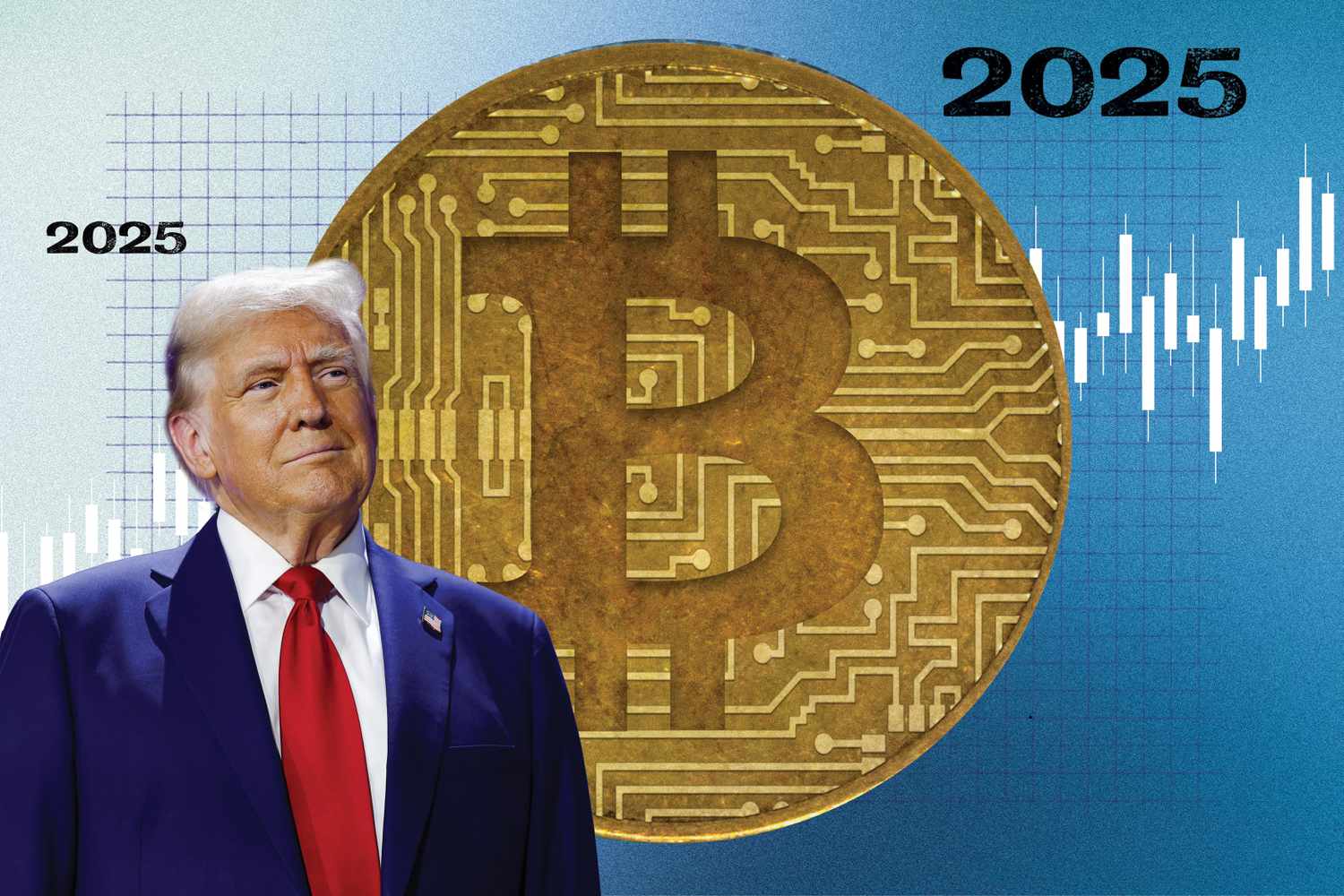
Trump’s Vision for a Strategic Bitcoin Reserve: A Game Changer for the Global Economy
Donald Trump’s recent proposal to establish a strategic Bitcoin reserve has the potential to revolutionize our current economic landscape. By suggesting that the U.S. could acquire as much as 200,000 Bitcoin annually for the next five years, the former president could be setting the stage for both an economic shift and a geopolitical contest in cryptocurrencies.
The Implications of a Bitcoin Reserve
In the midst of rising inflation and ongoing currency devaluation, the idea of a Bitcoin reserve is enticing to many. Proponents of the plan argue it would function similarly to traditional gold reserves, acting as a hedge against macroeconomic instability. They believe that a strong strategic Bitcoin reserve could enhance the dollar’s reliability and standing in a multipolar world.
Conversely, critics caution that such a move could diminish confidence in the U.S. dollar, further accelerating a shift away from its long-held position as the world’s dominant reserve currency. With notable economies increasingly turning towards cryptocurrencies, the urgency of the situation cannot be overstated.
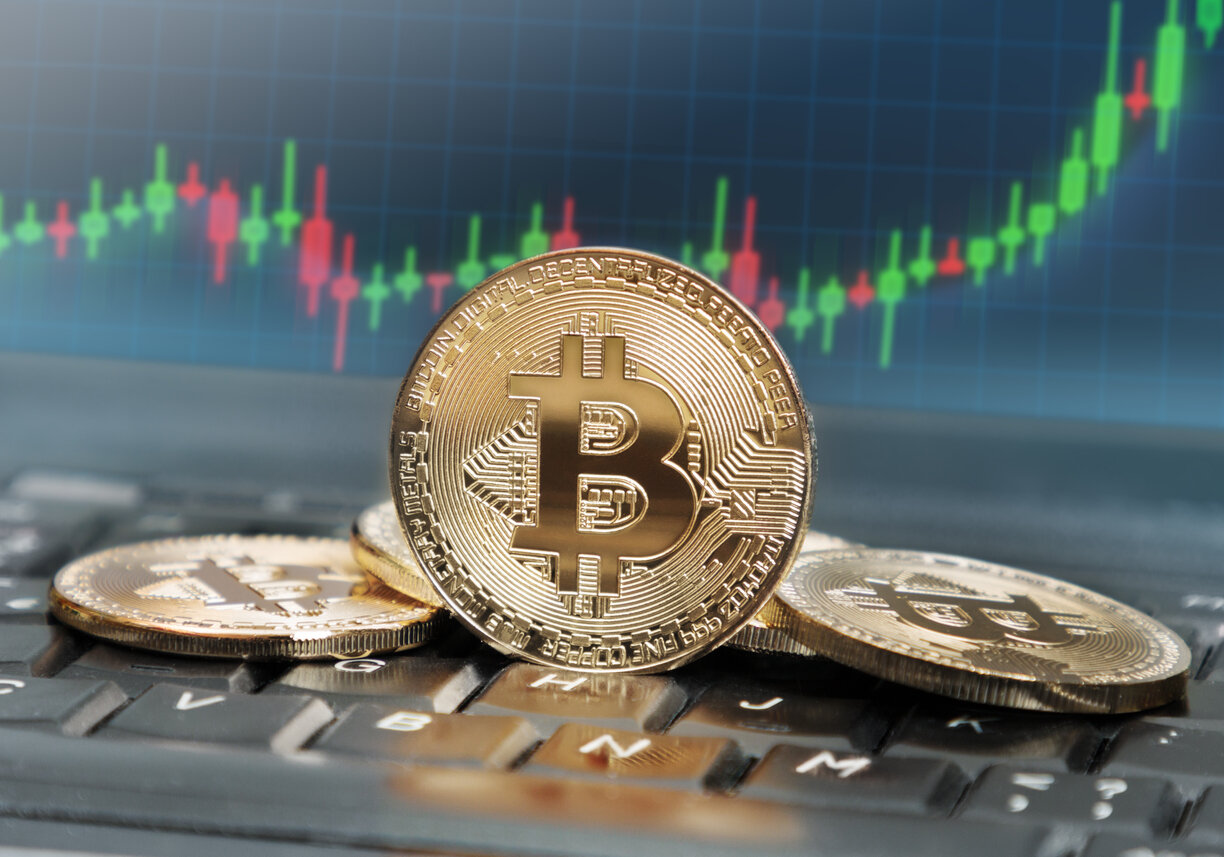 The evolving landscape of cryptocurrencies could reshape global power dynamics.
The evolving landscape of cryptocurrencies could reshape global power dynamics.
Global Shifts in Financial Power
Emerging economic powerhouses, particularly the BRICS+ nations, are intensifying discussions regarding the implications of cryptocurrency adoption on global unity and competition. The collective push by countries like Brazil, Russia, India, China, and South Africa signals a burgeoning desire to challenge U.S. hegemony, particularly as cryptocurrencies become mainstream.
Key discussions are taking place around whether we are on the brink of a cryptocurrency arms race. As nations such as Japan and Russia begin to stockpile Bitcoin, the idea of a decentralized financial system gaining traction is more feasible than ever before. This could pave the way for a new global economic order, where dollar dependency diminishes.
The U.S. Stance: A Race Against Time
Currently, the feasibility of Trump’s master plan remains uncertain, particularly with respect to legislative backing and the role of the U.S. Treasury. Lawmakers are divided, with some supporting the expansion of cryptocurrency as a priority and others deeply cautious about the potential undermining of the dollar’s status.
Should Trump’s administration push this strategy forward, it stands to impact not only economic policies but also diplomatic relations worldwide. One must ponder if this is an opportunity or a misstep for the United States as it navigates these turbulent waters.
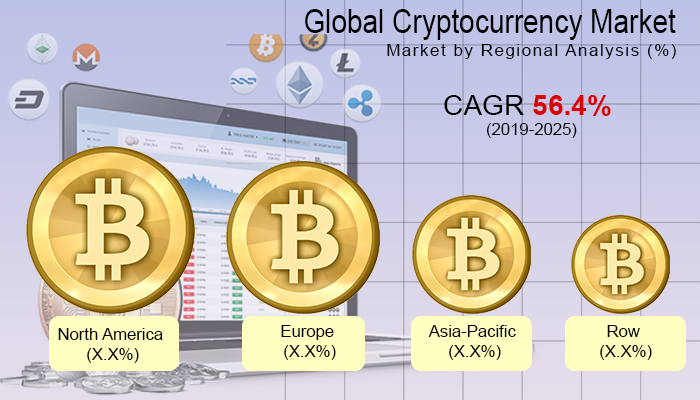 As nations explore cryptocurrency adoption, new alliances may emerge.
As nations explore cryptocurrency adoption, new alliances may emerge.
A Bright Future or Risky Gamble?
Despite the controversies, the overarching question remains: can Bitcoin truly emerge as digital gold? With its inherent price volatility and speculative nature, Bitcoin is not without its challenges. Advocates emphasize the cryptocurrency’s potential to act as a long-term store of value, while skeptics warn of the risks associated with incorporating such a volatile asset into national reserves.
This proposal could mark the beginning of a transformation, prompting global conversations surrounding currency, asset backing, and economic resilience. Indeed, as the world watches closely, Trump’s Bitcoin reserve strategy sparks a crucial dialogue about the future of money itself.
“The introduction of a strategic Bitcoin reserve could alter the dynamics of financial power globally.”
Conclusion
As we inch closer to a possible crypto arms race, it is essential to assess not only the potential benefits of adopting a strategic Bitcoin reserve but also the implications it holds for the global economy. While many may view Bitcoin as a hedge against inflation, the path forward is laden with complexities. The decisions made today will resonate for years to come, shaping the future landscape of global finance.
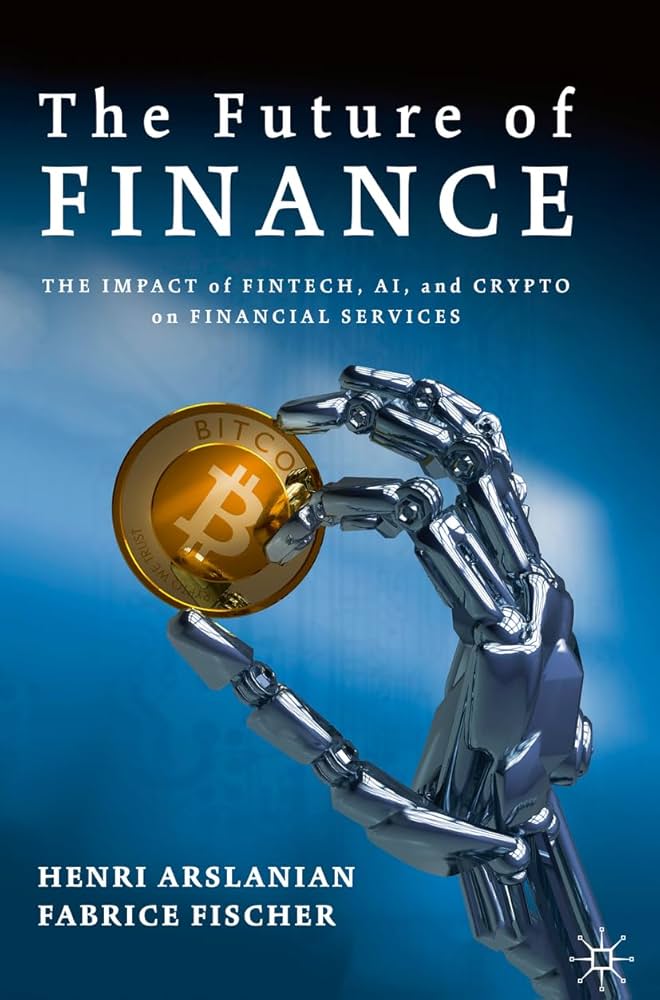 The evolving landscape of finance raises critical questions for global economic strategies.
The evolving landscape of finance raises critical questions for global economic strategies.
Stay informed as CRYPTOBITE continues to track these developments in cryptocurrency and the impacts they could have on the world economy.










